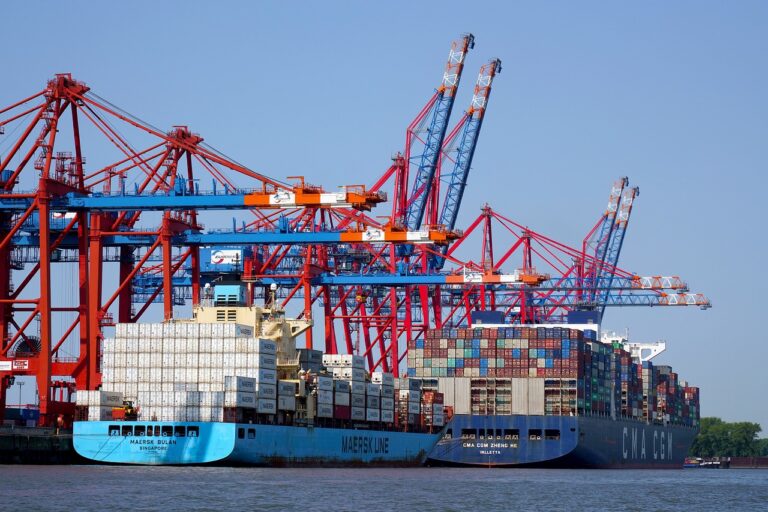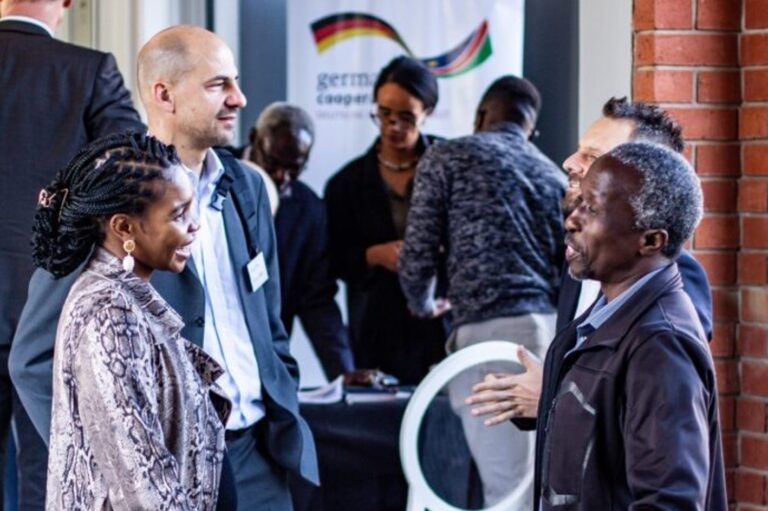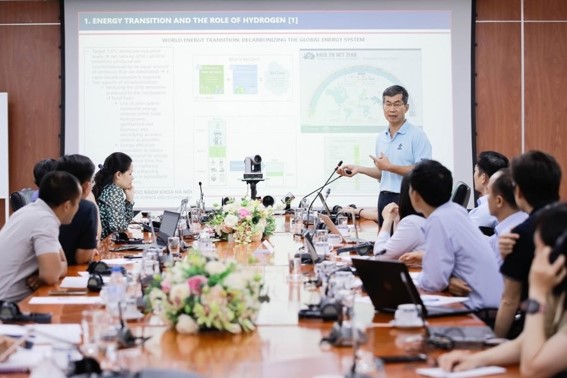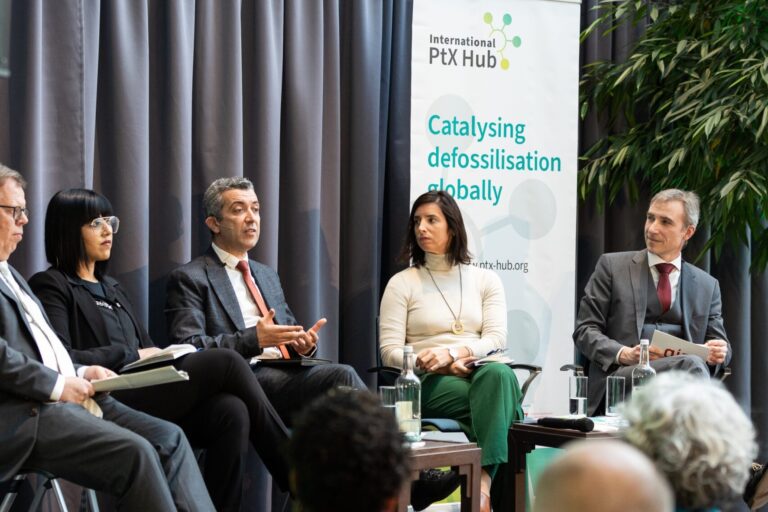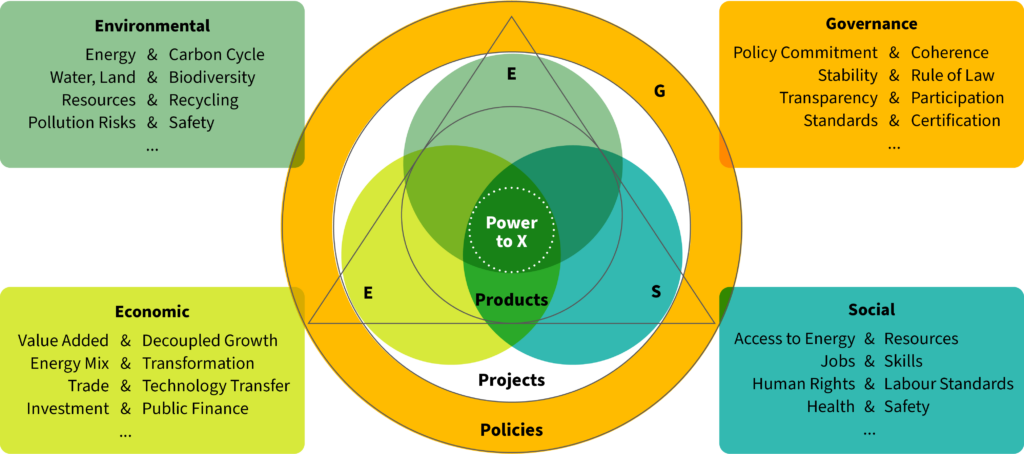A centre of expertise and collaboration
The International Power-to-X Hub is a centre of expertise and collaboration for innovative and sustainable green hydrogen and Power-to-X value chains. Together with our partners, we identify Power-to-X solutions that are adapted to the specifics of each country and lead to sustainable economic transformation. The PtX Hub builds and fosters strong networks with industry, academia, administrations, and civil society with hubs in Africa, Asia, Europe, and Latin America.
What we do
To reach net zero and the Paris targets, we need to defossilise our economies and societies. However, defossilisation cannot be achieved by electrification alone. Green molecules produced with Power-to-X enable hard-to-abate sectors in industry and transport to move towards climate neutrality.
Promoting sustainable aviation and shipping
Sustainable aviation
Air traffic is expected to grow by 4% per year over the next 20 years. To reconcile this growth with the sector’s net zero goal by 2050, airlines and airports will need to switch to sustainable aviation fuel. Power-to-Liquid fuels are the most promising pathway – but not yet readily available in the market.
We accelerate the increase of availability of sustainable aviation fuels by facilitating demonstration plants, developing capacities, connecting stakeholders, and advising on policies and instruments such as a global book and claim system.
We contribute to the ACT-SAF programme of the International Civil Aviation Organisation (ICAO) by delivering aviation trainings to decision-makers and developing policy recommendations for countries to become Power-to-Liquid pioneers.
Climate-neutral shipping
Maritime transport is responsible for 3% of global emissions. While demand scenarios expect global freight to double or even triple by 2050, the sector is committed to achieving net zero emissions within the same timeframe. Some technological solutions are already at hand: vessels propelled with PtX fuels such as e-methanol or e-ammonia are already in operation or under construction.
To support the transition to sustainable fuels, we facilitate the exchange of knowledge between policymakers, technology providers, ship owners, and other stakeholders.
We build capacity on technological options, international regulation, and incentivising instruments such as Green Shipping Corridors, in both the transport and energy sector. We carry out studies assessing market opportunities around green shipping in Morocco and South Africa. In Morocco, we are developing a Power-to-Liquid research plant in a consortium that will demonstrate the production of sustainable shipping and aviation fuels.
Policy & regulatory advice
As with all rapid technological advances, regulatory frameworks and policies for green hydrogen and PtX are lagging behind the innovations. Yet solid frameworks are needed for sustainable and safe production, trade and use, as well as investment security.
We advise on effective and targeted strategies, policies, and regulatory frameworks to enable the rapid scale-up of green hydrogen and Power-to-X markets. We advocate for innovative financing mechanisms and a global book and claim system and for defining credible sustainability standards and certification schemes.
For instance, we assist Argentina, Chile, and Kenya in designing and implementing their PtX strategies. We also take part in international initiatives and fora for advancing defossilisation with renewable hydrogen and PtX such as the Breakthrough Agenda, a coalition of initiatives started at COP27 to help keep 1.5°C in reach.
Capacity building
A thorough understanding of the technology and economics of Power-to-X is often still lacking, yet crucial to realising the full potential of PtX. We address this with our trainings for decision-makers.
The Basic Training, the Add-On Modules, and the Train-of-Trainers programmes educate and connect a critical mass of committed experts on renewable PtX and can accelerate the uptake of PtX production, usage, and trade in their countries.
Our alumni community of around 1000 policy makers regularly meets to share and compare latest technology and policy advancements in their regions.
Cross-sectoral stakeholder dialogues
In any sector where PtX can reduce emissions, there is much to be gained from sharing and exchanging expertise. Our unique asset is the ability to connect policy makers, project developers, civil society, off-takers, and investors from all regions of the world.
At the Berlin Energy Transition Dialogue 2023, we invited policy makers and project developers from Germany, Namibia, South Africa, Uruguay, and the MENA region to come to a joint understanding of how PtX can deliver both on climate action and economic development. A delegation trip in September 2023 brought experts from seven countries together to participate in the Transport and Climate Change Week in Berlin, followed up with a study tour to Copenhagen to connect with companies pushing climate-neutral shipping forwards.
Truly sustainable PtX
For Power-to-X production to be truly climate-neutral as well as socially and environmentally beneficial, ambitious sustainability standards should be met from the start and to the entire value chain. We distinguish four sustainability dimensions – E(nvironmental), E(conomic), S(ocial), and G(overnance) and have identified a wide range of sustainability concerns and opportunities.
Our track record
We are active in 13 countries.
We are building a first-of-its-kind research and training plant that will demonstrate the production of certified sustainable aviation and maritime fuels in Morocco and are supporting the development and implementation of national hydrogen strategies, e.g. in Argentina, Kenya, and Namibia. For an overview of our activities in each country, click the world map below.
Our partners



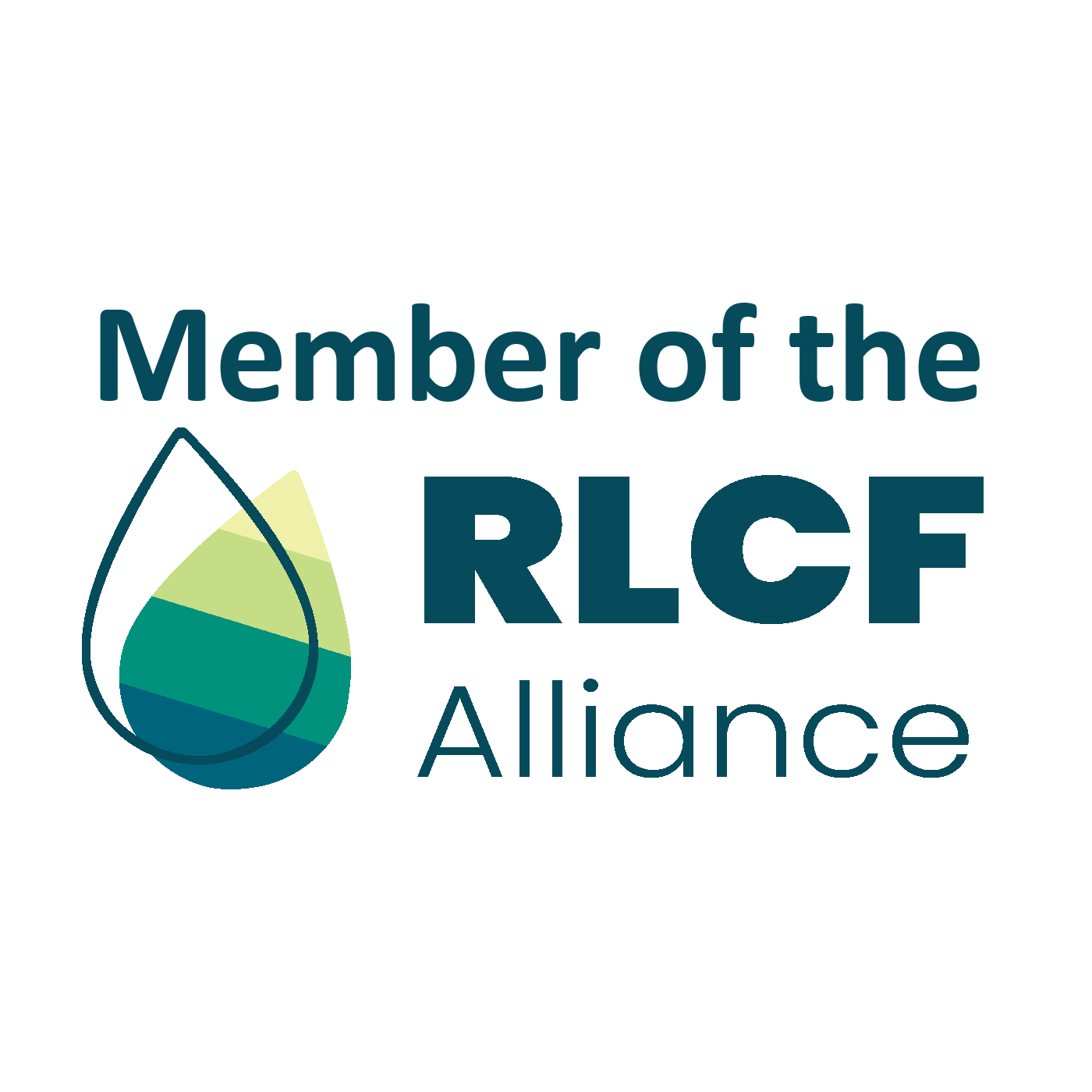
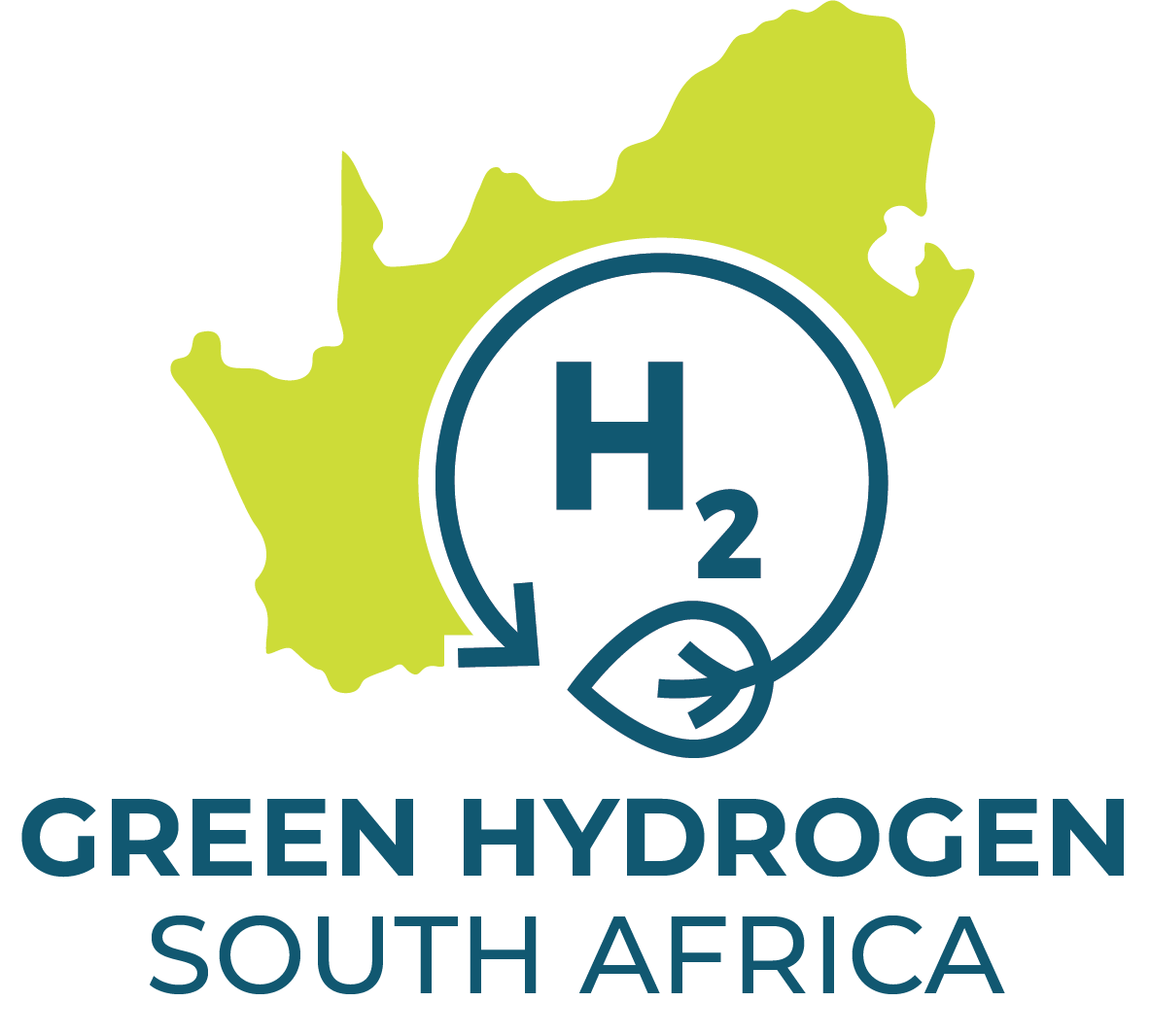

Partner with us to defossilise our economy
Latest news
What is Power-to-X?
Power-to-X (PtX) stands for the conversion of renewable electricity into material products, represented by the ‘X’.
X stands for gases like methane and ammonia (Power-to-Gas), or liquid fuels like kerosene and maritime diesel (Power-to-Liquid), or even base materials for the chemical industry (Power-to-Chemicals).


